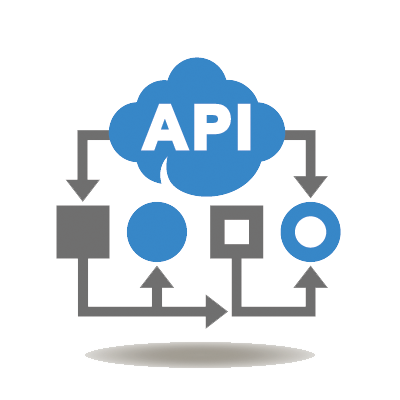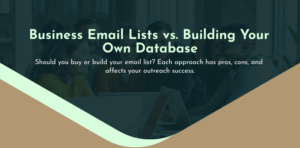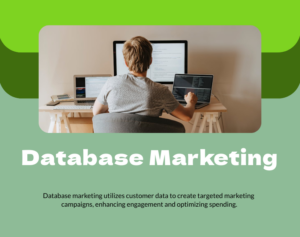Why Reach?
Streamline Your Data Flow
We help you make better use of your data by connecting systems, improving quality, and keeping information accessible—so your teams can rely on it every day.
Advanced Experience
Our team brings hands-on experience with modern data integration technologies to deliver solutions that work in real marketing environments.
Customized Solutions
Every integration is tailored to your platforms, workflows, and business goals—no one-size-fits-all approaches.
Client-Centric Service
We work as an extension of your team, providing ongoing support and clear communication throughout the engagement.
Secure and Scalable
Our solutions are built to grow with your business while maintaining strong security and data integrity.

API Management
We manage APIs to ensure reliable, efficient data transfer between systems—improving interoperability and reducing manual work across your stack.
Get the White paper: Smarter Marketing Via Data Integration
The Impact of Our Expertise
Happy Customers are our Passion
Hear from our diverse range of clients who have experienced transformative success with our marketing technology and lead generation services.
”The Reach Marketing staff you have assigned to Northwell are some of the most dedicated, gifted and intelligent people I have ever had the pleasure to work with. Our Marketing Automation and Database teams have united in a very powerful way which has allowed us to achieve exceptional performance, witnessed by the results we have achieved.”

VP Customer Insights & Analytics, Northwell Health
“Reach Marketing has been an invaluable database and audience development partner. They have facilitated significant growth within our database and provided indispensable strategic support throughout the entire process. ”

Vice President Regional Marketing / Database Marketing, Gartner
Recent Posts

Business Email Lists vs. Building Your Own Database
Email continues to dominate as a cornerstone of B2B marketing. In fact, according to Campaign Monitor, 64% of B2B marketers say email is their most effective channel for generating revenue,…

What is Database Marketing?: A Complete Analysis
Database marketing has emerged as a pivotal strategy in the contemporary business landscape, enabling organizations to harness customer data for targeted marketing efforts. This article delves into the intricacies of…

Marketing Automation vs. CRM: What’s the Difference?
Businesses are relying on technology more than ever to streamline operations, enhance customer engagement, and drive revenue. Two critical tools at the forefront of this transformation are marketing automation and…
Need More Information?
Frequently Asked Questions
Explore frequently asked questions about our services, processes, and industry insights.
Data integration improves decision-making by providing a single, unified view of all relevant data. When data from various sources is combined, it eliminates inconsistencies and discrepancies, ensuring that decision-makers have access to accurate and up-to-date information. This comprehensive view enables more informed and strategic decisions, as it offers a complete picture of the business environment, customer behavior, and market trends. By having integrated data, organizations can identify patterns, uncover insights, and respond more effectively to opportunities and challenges.
Reach Marketing has been serving clients since its establishment in 2011. Additionally, our senior team members each bring decades of expertise, ensuring that our strategies and execution are grounded in extensive industry knowledge and proven best practices.
Data integration is the process of combining data from different sources to provide a unified view. It is important for businesses because it ensures that all data is accessible and consistent, facilitating better decision-making, enhancing operational efficiency, and providing comprehensive insights into business performance. By integrating data, businesses can eliminate silos, reduce errors, and gain a more accurate and holistic understanding of their operations and customer interactions.
Key challenges of data integration include data quality issues, disparate data formats, system compatibility, and the complexity of integrating multiple data sources. Addressing these challenges requires a strategic approach:
- Data Quality: Implement data cleansing and validation processes to ensure the accuracy and consistency of integrated data.
- Disparate Formats: Use data transformation tools to standardize data formats and ensure compatibility between different systems.
- System Compatibility: Employ middleware or integration platforms that facilitate seamless communication between different systems and applications.
- Complexity: Develop a clear integration strategy, including mapping out data sources, defining integration goals, and using experienced professionals or consultants to manage the integration process.











